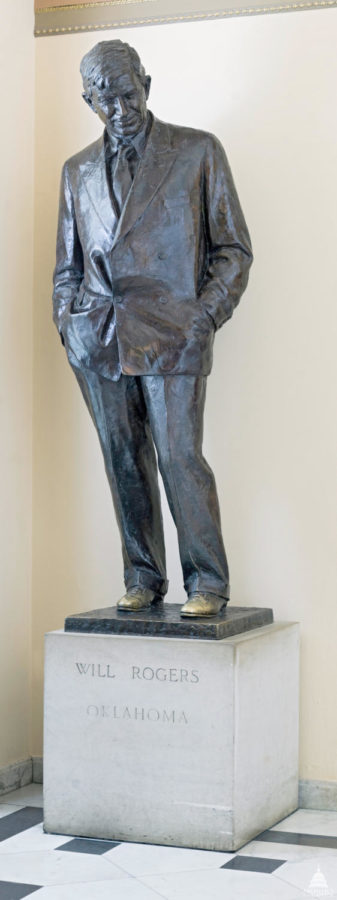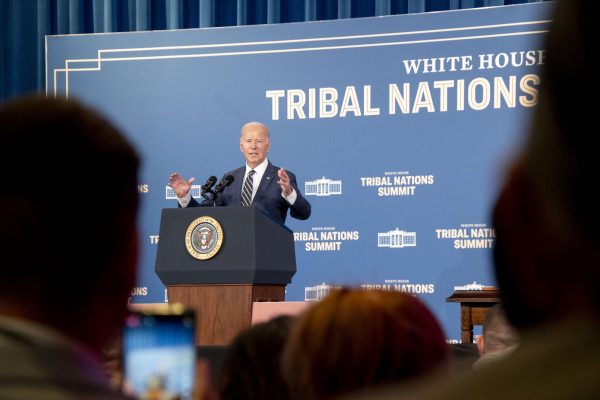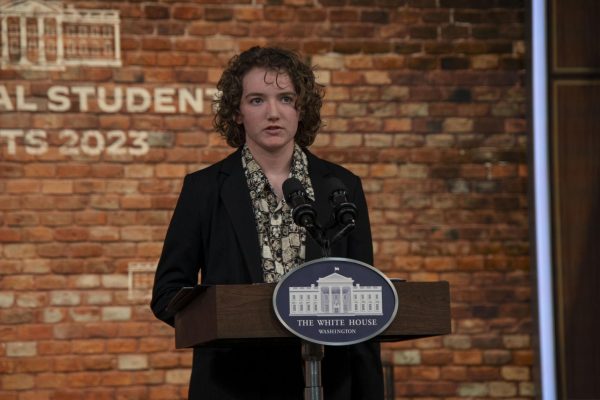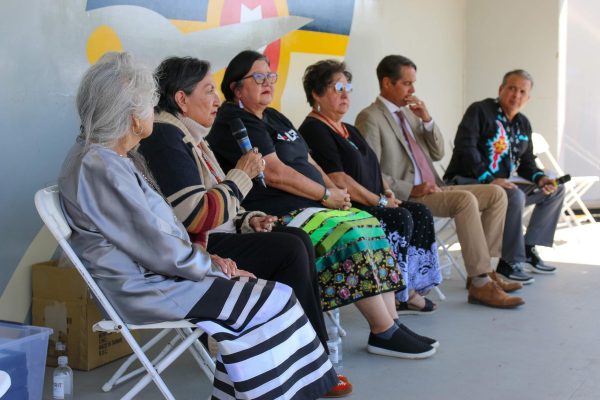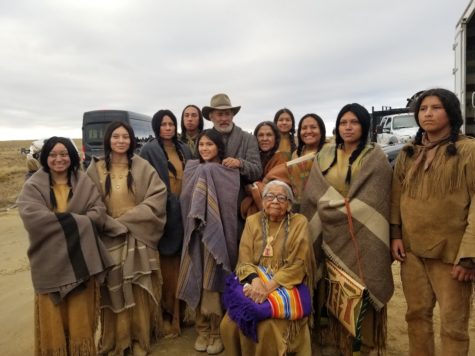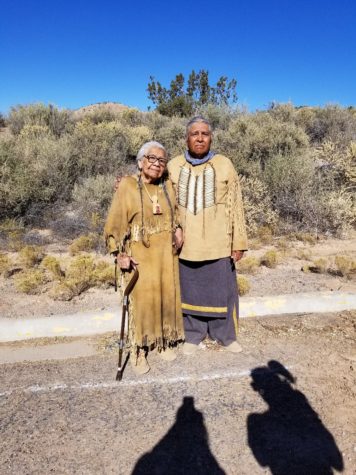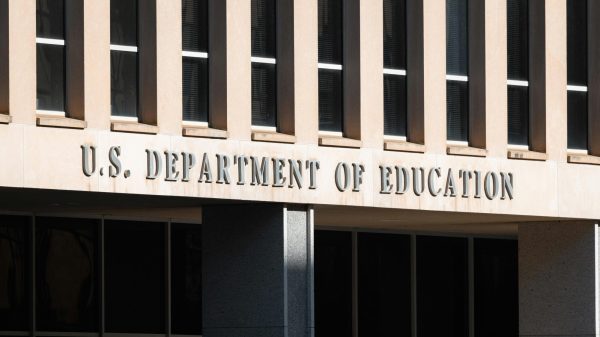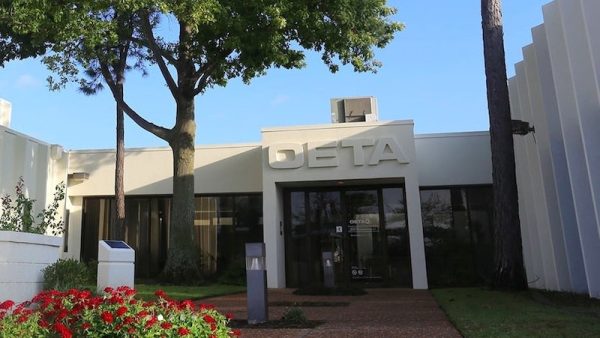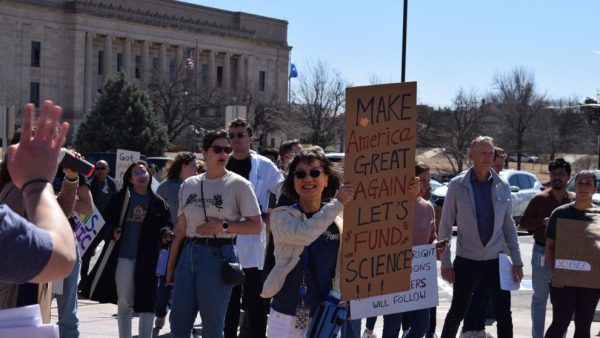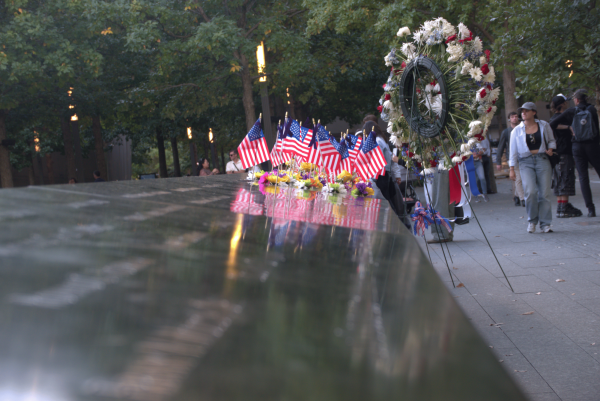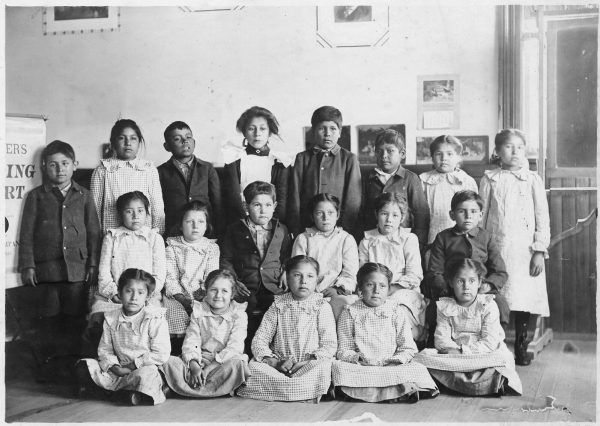Will Rogers’ one-liners still relevant today
WASHINGTON — Hands in pockets and sporting a wry smile, the Oklahoman in the U.S. Capitol gazed down from his pedestal as if he had seen it all before.
The statue of Will Rogers was not damaged during the Jan. 6 insurrection in Washington, D.C., but it had, indeed, witnessed something like it before. In 1932, a group of protesters marched to the U.S. Capitol. Coming from all over the nation, they camped out for months in shanty towns they built near the Capitol. Having fought in World War I and promised bonuses for their service, this “bonus army” marched on Washington to demand that the checks be paid immediately, according to the National Park Service. Eventually, then-President Herbert Hoover called in the army led by Gen. Douglas MacArthur to clear out the protesters with tear gas, causing many injuries and one death. Rogers expressed his thoughts about the Bonus Army March in his weekly newspaper column. “I was just thinking of the effect of that being shown all over the world,” Rogers wrote. “We can never go around preaching ‘Dissarmament’ and ‘Brotherly Love’ any more.” Many Americans had a similar reaction after watching the Capitol insurrection of Jan. 6 that left five dead including a Capitol Hill police officer. Will Rogers’ thoughts still sounding familiar nearly a century later is not unusual, said Tad Jones, executive director of the Will Rogers Memorial Museum in Claremore. “As crazy as things may seem today, he made comments 90 years ago that still continue today,” Jones said. “These kinds of conversations have been going on a long time.” Echoes of Rogers’ thoughts could be heard in a Pew Research Center Fact Tank article which quoted a man in his 60s who said the riot was “A slap in the face to democracy, something you would expect to see in a Third World nation.” The same article said 14 percent of Americans “expressed surprise, incredulity or embarrassment that such an event could happen in the United States.” This collective embarrassment is similar to what Rogers expressed when he said the U.S. could no longer “preach” about “brotherly love.” From the statue’s place on the second floor near the House chamber, not much happens in the Capitol without its oversight. As one of the few places in the Capitol where camera crews can set up and film, the statue has made its way into many Americans’ homes in the background on their TVs. With his “everyman” approach to politics and American life, Rogers was so popular that in the 1932 election he appeared at and influenced both the Republican National Convention and the Democrat National Convention, said Frank Keating, former Oklahoma governor and author of a Will Rogers children’s book. “His humility, his good cheer, his wonderful respect for his fellow human beings would be a splendid lesson for us today,” Keating said. “We build walls between each other, and Rogers would not pull them down, but he would laugh them down.” Born in 1879 in Cherokee Territory near what would eventually become Claremore, Rogers traveled the country and became famous for his roping skills and Western drawl. He stayed famous with his humor and wit. “I think he was the most popular person in American history,” Jones said. “He had politicians Republican and Democrat that liked him.” Rogers was able to use his wit to be a part of American politics while staying above the fray of partisanship. He frequently took shots at the whole of Congress with lines such as: “Most people and actors appearing on the stage have some writer to write their material. Congress is good enough for me. They have been writing my material for years.” Rogers also had many thoughts about elections that are still echoed today. One of these thoughts, “In this country people don’t vote for, they vote against,” seems to be rather poignant, Jones said. “You look at this year’s election, and there’s a lot of people that voted against Trump, and that happens a lot,” Jones said. Rogers’ statue had a front-row view of the rioters nearly three weeks ago. Just before 2:30 p.m., protestors stormed into the corridor on the second floor of the Capitol, according to a video from the Washington Post. The phrases “Drag ‘em out!” and “Hang ‘em out!” are shouted as the rioters move toward the House chamber. One of Rogers’ most famous quotes is “I never met a man I didn’t like,” though if he could see what his statue saw that day, one wonders if the soft-spoken Cherokee could defend that statement. “Will Rogers is a shining example of what I think civically we should be,” Jones said. “You can make your comments, but you still want to have a civil conversation.” For an extensive list of Will Rogers’ quotes, visit the Will Rogers Memorial Museum website.
Gaylord News is a Washington-based reporting project of the University of Oklahoma Gaylord College of Journalism and Mass Communication.
About the Contributor

Bennett Brinkman
is a journalism student within the Gaylord College of the University of Oklahoma who is expected to graduate in 2022. A native of Edmond, Oklahoma, he is currently part of Gaylord News in Washington D.C.

